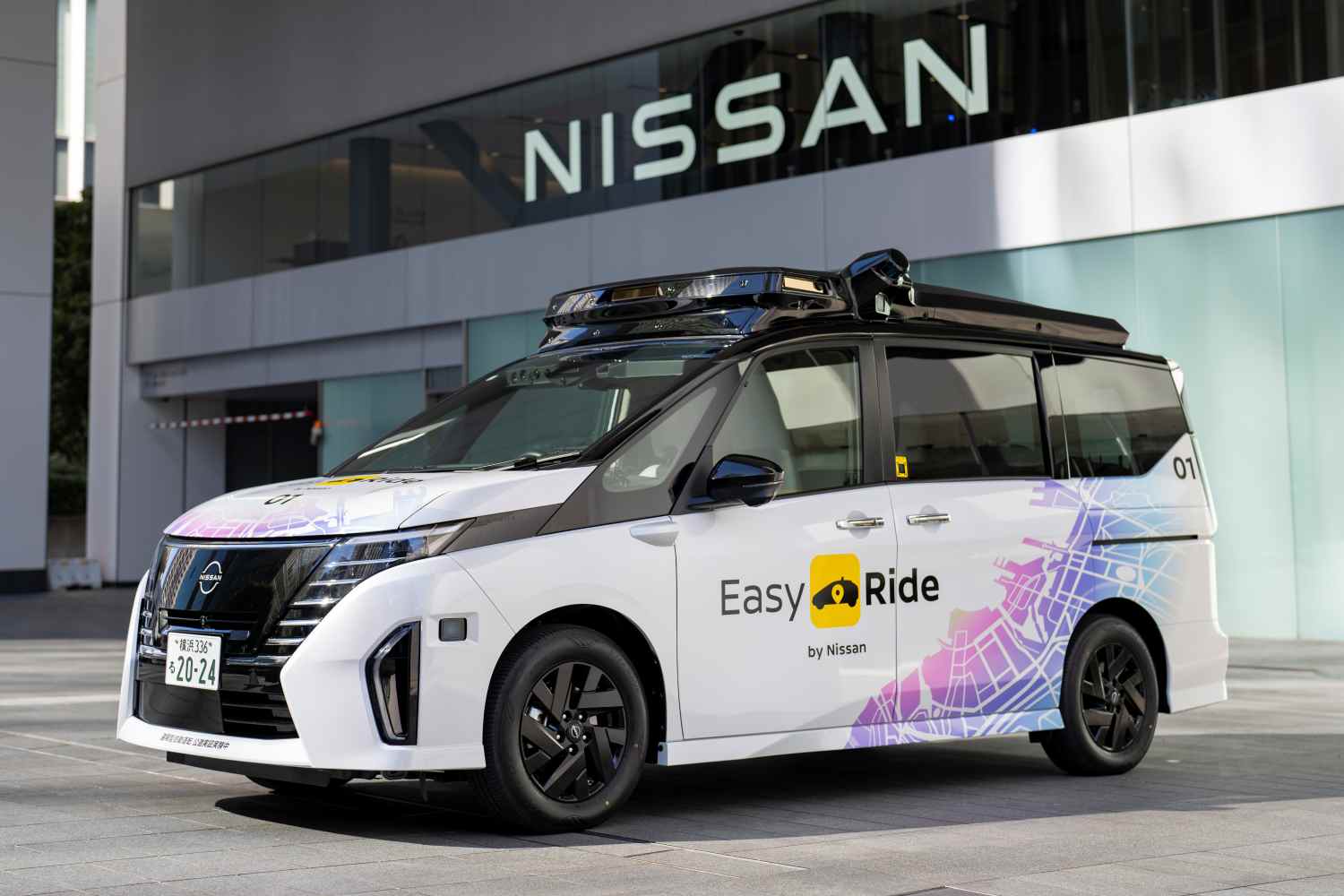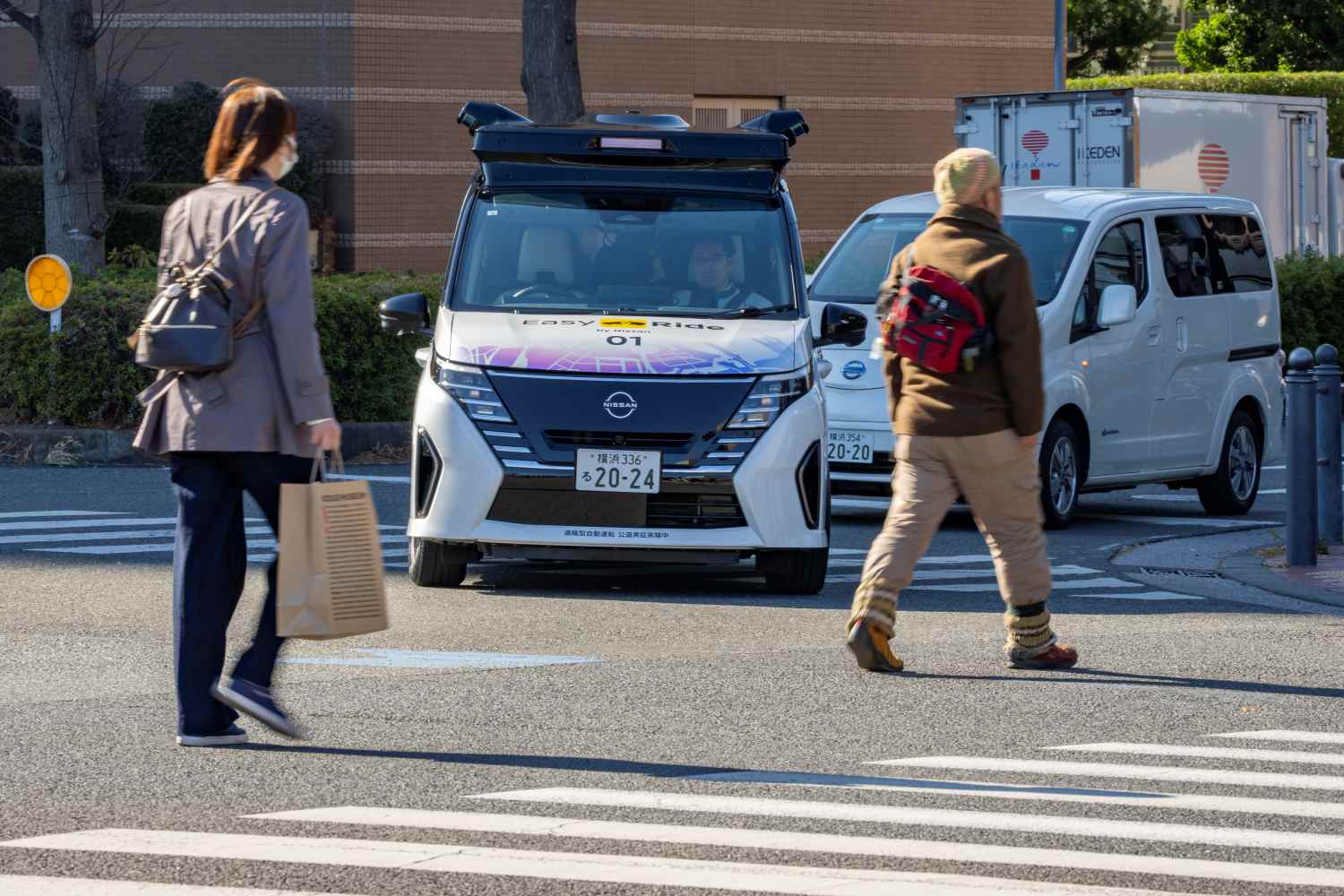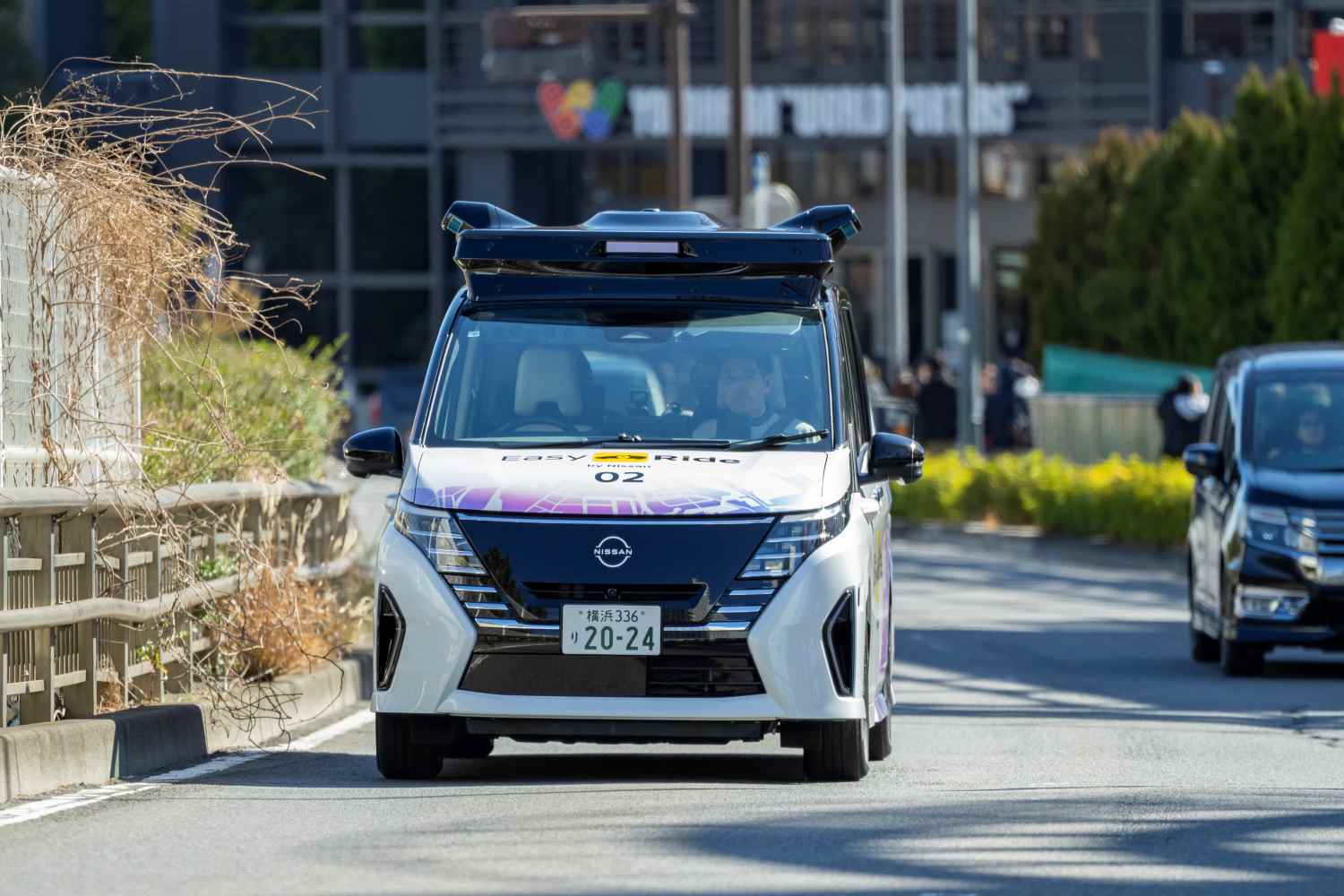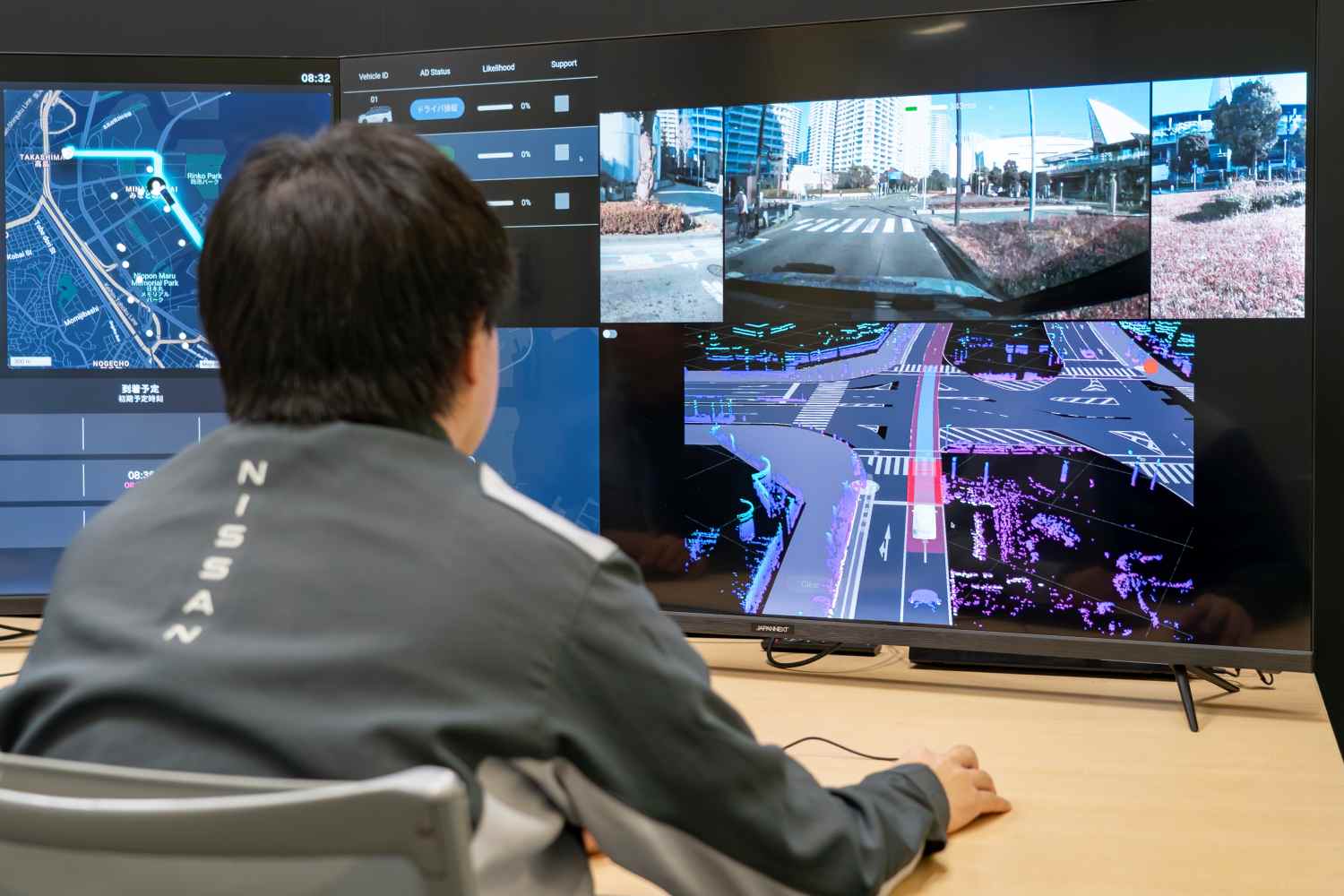
Nissan ProPILOT technology
Nissan has announced it will launch its next-generation ProPILOT technology from fiscal year 2027. The system, features Nissan Ground Truth Perception technology. With next-generation Lidar and Wayve AI Driver software. Will set a new standard for autonomous driving with advanced collision avoidance capability.
Wayve AI Driver software, built on Wayve’s embodied AI foundation model. Is designed to handle highly complex real-world driving conditions in a human-like manner. The technology’s ability to efficiently and rapidly learn from vast amounts of data ensures continuous advantage to Nissan vehicles in the future.
Wayve overview
Wayve is a global AI company that’s pioneering embodied AI for driving. Its embodied AI foundation model is trained on vast amounts of real-world experience. Using custom Generative AI technology to enable point-to-point driving across urban and highway environments. With greater safety and reliability. The foundation model excels at adapting to new scenarios and platforms to accelerate wide deployment of its autonomous driving technology.
AD Technology showcased in Japan
March 2025 Update
AD technology – Nissan Motor Co., Ltd. has showcased its latest autonomous-drive (AD) technology in Yokohama’s Minato Mirai area.
 For the first time in Japan, a test vehicle with no driver in the car has navigated a public road in a complex urban environment*¹. Nissan has developed this proprietary technology for a mobility service it plans to launch in Japan.
For the first time in Japan, a test vehicle with no driver in the car has navigated a public road in a complex urban environment*¹. Nissan has developed this proprietary technology for a mobility service it plans to launch in Japan.
This is a significant step to empower mobility by resolving transportation service challenges faced by local communities, such as driver shortages resulting from an aging population. By leveraging its technology, Nissan will provide a broad range of new services that enable freedom of mobility.
Nissan is maximizing its efforts to establish and verify the safety of AD technology tailored to different traffic conditions worldwide. To do this, it is utilizing insights and technologies gained through research in Japan, research in Silicon Valley conducted by the Nissan Advanced Technology Center, and participation in the U.K.’s evolvAD project.

The latest test vehicles are based on the Serena — Japan’s top-selling minivan — and incorporate 14 cameras, nine radars and six LiDAR sensors. The roof-mounted sensors offer significantly expanded detection by taking advantage of the height of the Serena and enabling more accurate detection of its surroundings, compared to earlier test vehicles.
In addition, the use of AI has significantly enhanced recognition, behavioral prediction and judgment as well as control, delivering smooth operation in a variety of complex scenarios.
To ensure the utmost safety for the test vehicle demonstration, Nissan engineers verified an extensive number of possible scenarios along the driving route, added an immediate stop function for emergencies, and introduced intentional redundancies.
 |
Demonstrating and testing AD technology
Since fiscal year*² 2017, Nissan has been demonstrating and testing AD technology. Currently, Nissan is planning service demonstration tests involving approximately 20 vehicles to take place in Yokohama in fiscal years 2025 to 2026 and is building an operational framework and service ecosystem with stakeholders. Leveraging the test results, in fiscal year 2027 Nissan aims to provide autonomous driving mobility services, in collaboration with municipalities and transportation operators, with remote monitoring.

This initiative will be promoted in close cooperation with
- Japan’s Ministry of Economy, Trade and Industry;
- the Ministry of Land, Infrastructure, Transport and Tourism;
- other government ministries, and
- Yokohama City.
- The ministries will also promote initiatives to create new autonomous mobility services. Through their Level 4 Mobility Acceleration Committee.
Nissan will continue to advance its technology. While establishing services in Yokohama. Based on development and verification results both in Japan and abroad.

